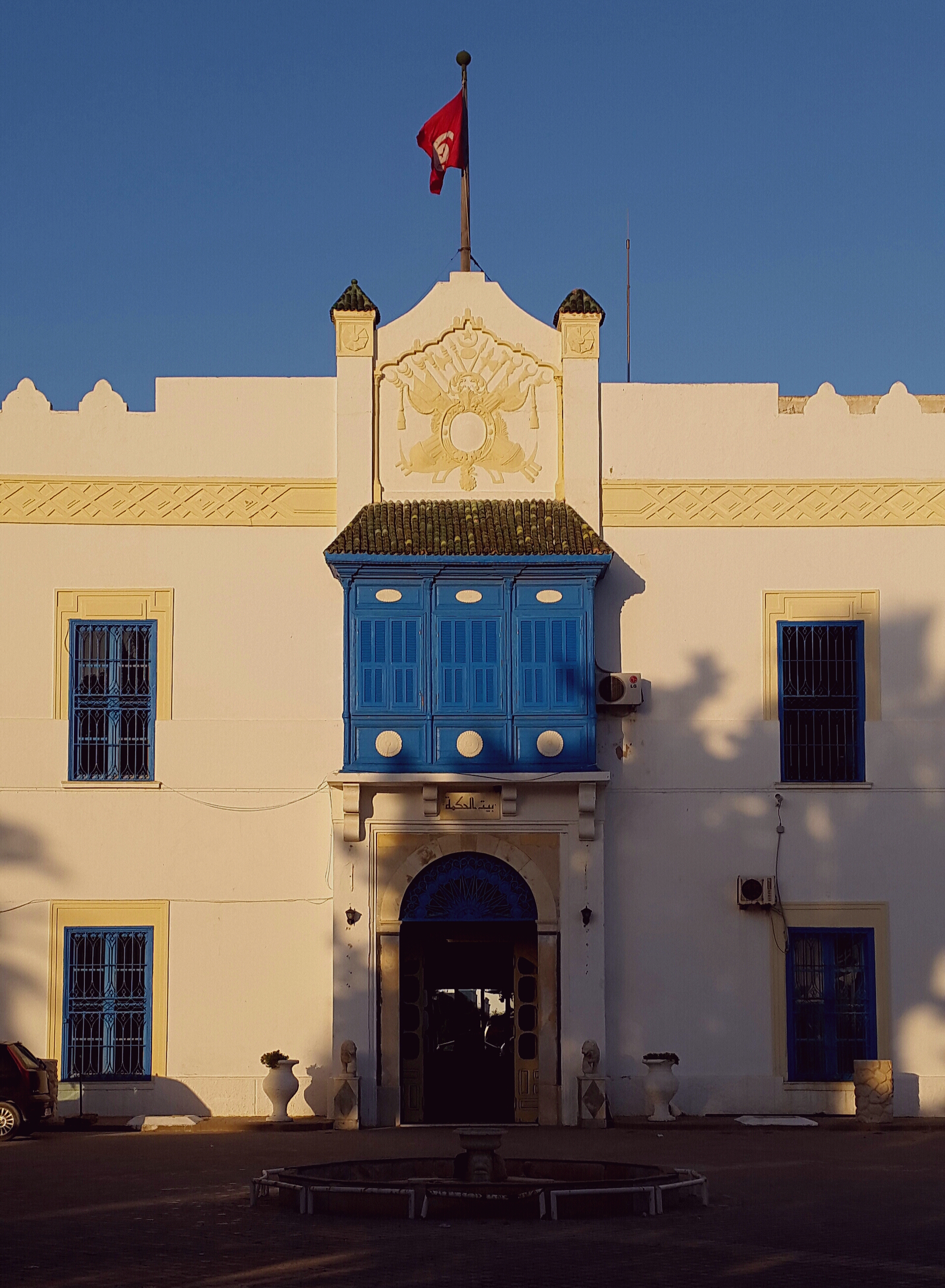Tunisian Academy of Sciences, Letters, and Arts on:
[Wikipedia]
[Google]
[Amazon]
 The Beit al-Hikma Foundation (shortened to Beit al-Hikma) or Tunisian Academy of Sciences, Letters and Arts is a scholarly
The Beit al-Hikma Foundation (shortened to Beit al-Hikma) or Tunisian Academy of Sciences, Letters and Arts is a scholarly
Homepage
(Arabic)
Homepage
(French) Organisations based in Tunis Organizations established in 1992 Learned societies of Tunisia Scientific organisations based in Tunisia Tunisian Academy of Sciences, Letters, and Arts {{Tunisia-stub
 The Beit al-Hikma Foundation (shortened to Beit al-Hikma) or Tunisian Academy of Sciences, Letters and Arts is a scholarly
The Beit al-Hikma Foundation (shortened to Beit al-Hikma) or Tunisian Academy of Sciences, Letters and Arts is a scholarly national academy
A national academy is an organizational body, usually operating with state financial support and approval, that co-ordinates scholarly research activities and standards for academic disciplines, and serves as a public policy advisors, research ...
based in Tunis
Tunis (, ') is the capital city, capital and largest city of Tunisia. The greater metropolitan area of Tunis, often referred to as "Grand Tunis", has about 2,700,000 inhabitants. , it is the third-largest city in the Maghreb region (after Casabl ...
. It is housed officially in a mid-19th century palace, Zarrouk Palace, a former royal palace, situated on the Mediterranean coast
The Mediterranean Sea ( ) is a sea connected to the Atlantic Ocean, surrounded by the Mediterranean basin and almost completely enclosed by land: on the east by the Levant in West Asia, on the north by Anatolia in West Asia and Southern Eu ...
at the base of the ruins of ancient Carthage
Carthage was an ancient city in Northern Africa, on the eastern side of the Lake of Tunis in what is now Tunisia. Carthage was one of the most important trading hubs of the Ancient Mediterranean and one of the most affluent cities of the classic ...
. It is a member academy of the Union Académique Internationale
The Union Académique Internationale (UAI)—in English, International Union of Academies—is a federation of many national academies and international academies from more than 60 countries all over the world which works in the field of Humaniti ...
.
History
The Academy was founded in 1992 as a successor to the National Foundation for Translation, Establishment of Texts and Studies, which had been founded in 1983. The Academy was reorganized and re-initiated in July 2012.Objectives
The Academy lists its objectives as: * to serve as a meeting-place for scholars and to provide them with the opportunity for promoting research and for exchanging ideas and experience; * to contribute to the enrichment of theArabic language
Arabic (, , or , ) is a Central Semitic languages, Central Semitic language of the Afroasiatic languages, Afroasiatic language family spoken primarily in the Arab world. The International Organization for Standardization (ISO) assigns lang ...
, helping it to keep abreast with current developments in the sciences and arts;
* to help safeguard national heritage through research and publication;
* to compile dictionaries and encyclopaedias and to translate works from and into Arabic;
* to organize symposia and conferences;
* to encourage creativity and the distribution of intellectual and artistic works;
* to advise government or official bodies.
Governance
The Academy is composed of a President, a Scientific Council, and a Board of Directors. The Presidents of the Academy (and its predecessor, since its foundation in 1983) serve for life, or until resignation, and comprise the following: * Ahmed Abdessalem (1983–1987) * Azeddin Beschaouch (1987–1991) * Saad Ghrab (1991–1995) * Abdelwahab Bouhdiba (1995–2011) *Mohamed Talbi
Mohamed Talbi (), (16 September 1921 – 1 May 2017) was a Tunisian author, professor, and Islamologist.
Biography
Talbi was born in Tunis on 16 September 1921, attending school there and going on to study in Paris. Talbi wrote prolifically on ...
(2011)
* Hichem Djait
Hichem Djait (; December 6, 1935 – June 1, 2021), also known as Hichem Jaiet, was a prominent historian and scholar of Islam. Hourani, Albert. “A Disturbance of Spirits (since 1967).” In ''A History of the Arab Peoples.'' Cambridge, Mas ...
(2011–2015)
* (2015-).
The Scientific Council consists of members, appointed for life, organized into Mathematical and Natural Sciences, Humanities and Social Sciences, Islamic Sciences, Letters and Arts. Membership is limited to 80: 50 active Tunisians resident in Tunisia; 10 active Tunisians resident abroad; 15 associate foreign national members; and 5 Tunisian honorary members.
The Board of Directors is chaired by the president and consists of the heads of the Scientific Council's five departments, a representative of the Tunisian president and one each from the Tunisian Ministries of Finance, Culture, Education and Higher Education and Scientific Research, plus one appointed by virtue of his or her administrative and financial management abilities. The ministerial representatives are appointed by the head of the government of Tunisia for terms of three years, renewable no more than twice.
Publications
The Academy has published extensively, many items resulting from its conferences. The majority are in Arabic.Dalīl manshūrāt bayt al-ḥikma, 2010. Fuller information on the Academy, its programs and its publications can be found on the Academy's website.References
External links
Homepage
(Arabic)
Homepage
(French) Organisations based in Tunis Organizations established in 1992 Learned societies of Tunisia Scientific organisations based in Tunisia Tunisian Academy of Sciences, Letters, and Arts {{Tunisia-stub